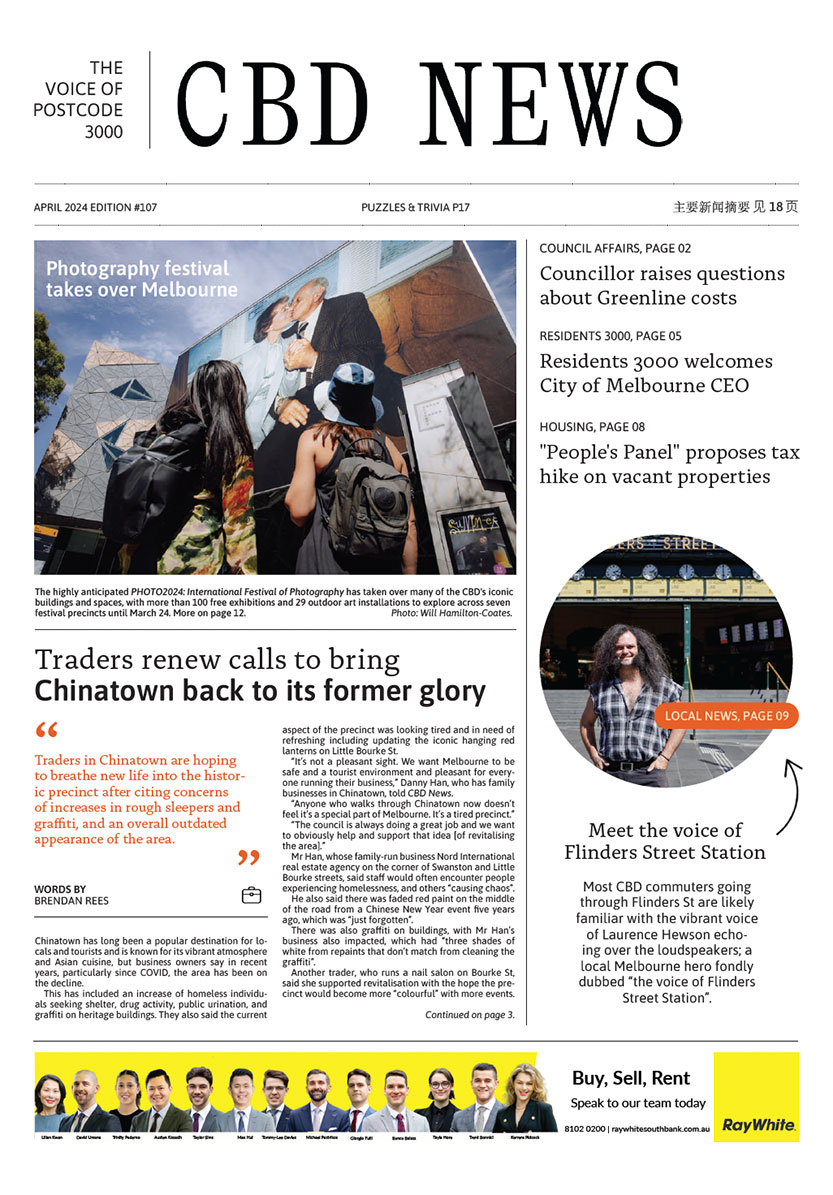Activating community participation in the City of Melbourne
By Dr Stan Capp
The recently legislated Local Government Act 2020 requires councils to adhere to the principles of community engagement and adopt “deliberative engagement practices”.
In essence, this means that arrangements need to be put into place that enable the community to participate in key decision-making processes and that these become the norm rather than the exception.
Over recent years, the City of Melbourne has utilised three engagement processes:
The Participate Melbourne online facility at participate.melbourne.vic.gov.au invites engagement from interested persons, frequently on quite complex subjects. Face-to-face consultation activities such as workshops, displays, forums and mail outs are also undertaken;
In 2015 the Melbourne People’s Panel engaged 43 residents and business owners to provide input into the city’s 10 Year Financial Plan; and
In 2018, the Queen Victoria Market (QVM) People’s Panel involved 40 traders, customers, residents and stakeholders.
One form of community participation not yet tried is the creation of community panels or as they are often referred to, citizen juries. A community panel comprises a group of community members who engage in an independent and systematic process to consider evidence and provide advice to the council.
There is a perception among community members that it is challenging to engage effectively with the City of Melbourne in the planning domain due to the rigour of the rules, schemes and building codes. This can in part be attributed to a number of statutory responsibilities assumed by the state government and while many would be keen to see these revert back to the City of Melbourne, community panels do provide an opportunity to engage and potentially influence government.
In stark distinction to the above people’s panels, community panels comprise disinterested and independent members who are drawn from a larger pool of people. In order to avoid the “not in my backyard” claim, the constitution of the panel deliberately excludes those directly affected or involved in the planning application.
A key element of a community panel is that it is activated by the council on an ad hoc basis to consider development applications likely to significantly impact community amenity.
The community panel would hear the views of residents, businesses and consider their testimony and also the views of the developer, architects and other key stakeholders. Expert advice would be sought from planning officers and where deemed appropriate, from other experts such as urban planners, heritage advisors, independent architects and other relevant advisors.
Council officers would of course evaluate planning and development applications against the approved planning and heritage criteria and make their recommendations to council. Establishing community panels to independently review designated planning proposals prior to their consideration by councillors provides an additional and useful source of advice.
Similar but not identical processes can be established in any area where councillors would benefit from community input. What is needed is a willingness to receive advice through a formalised structure of eliciting community views. There is now a legislative requirement that they do so.
Dr Stan Capp has extensive experience in managing large organisations such as public health services and local government. He has conducted and researched strategies for involving the community in decision making on important issues •

Backloading across borders with Transcorp – navigating interstate moves with ease






 Download the Latest Edition
Download the Latest Edition